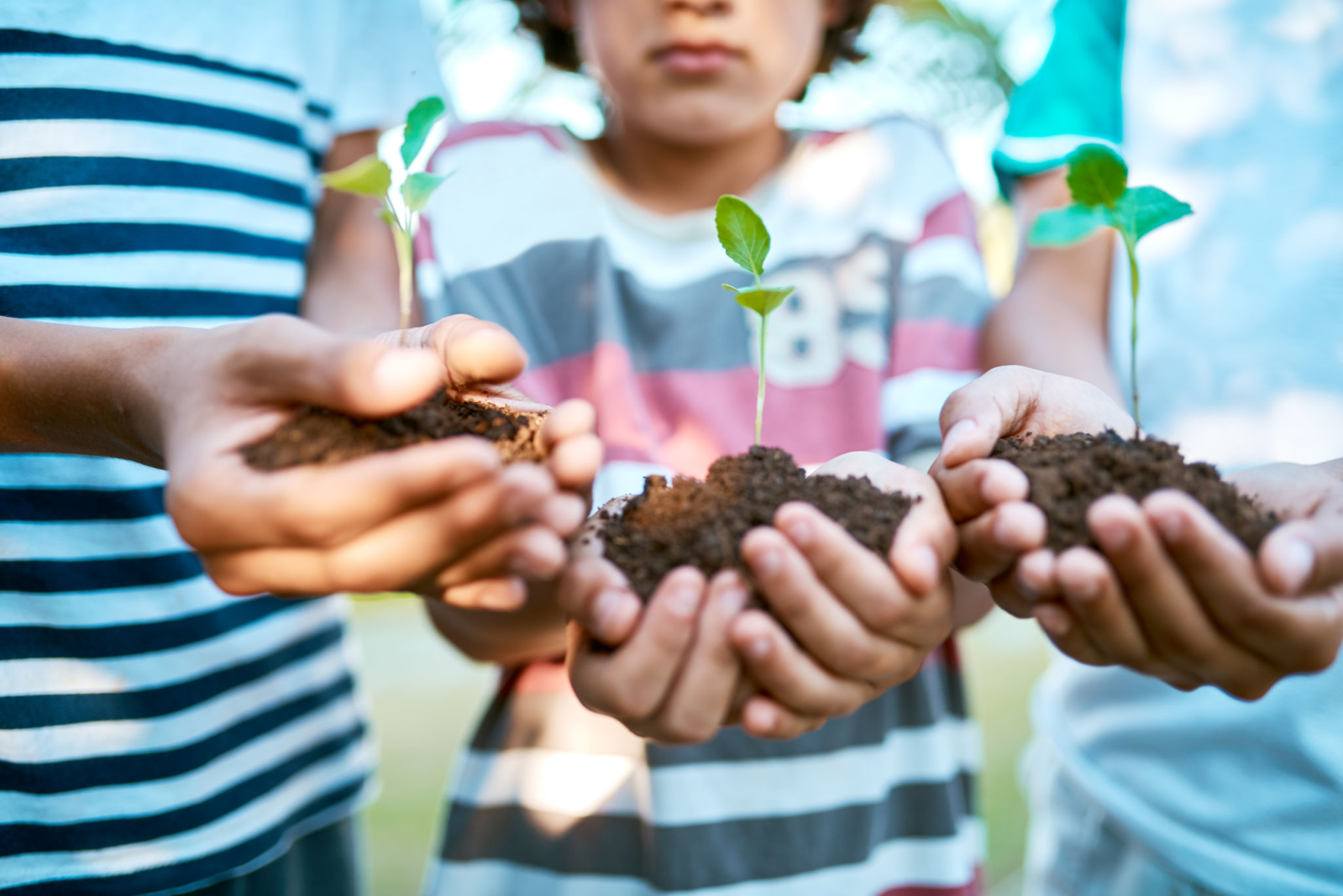Sustainable Living: Transforming Your Vaughan Home into an Eco-Friendly Haven
Understanding Sustainable Living
Embracing sustainable living is about making choices that reduce your environmental impact. Transforming your Vaughan home into an eco-friendly haven is not only beneficial for the planet but also for your personal well-being. By adopting sustainable practices, you can enjoy a healthier lifestyle while contributing to the fight against climate change.

Energy Efficiency in Your Home
One of the first steps to creating a sustainable home is improving energy efficiency. Start by installing energy-efficient appliances and LED lighting. These small changes can significantly reduce your energy consumption. Additionally, consider investing in a smart thermostat to optimize your heating and cooling systems.
Another effective method is enhancing your home's insulation. Proper insulation minimizes heat loss in winter and keeps your home cool in summer, reducing the need for excessive heating and air conditioning. This not only lowers your energy bills but also lessens your carbon footprint.
Water Conservation Practices
Water conservation is a crucial aspect of sustainable living. Installing low-flow faucets and showerheads can drastically reduce water usage. Furthermore, consider collecting rainwater for garden use. This simple practice conserves water and ensures your plants receive chemical-free hydration.

Sustainable Materials and Furnishings
When renovating or redecorating, opt for sustainable materials. Bamboo, reclaimed wood, and recycled metal are excellent choices for flooring and furniture. These materials are not only eco-friendly but also add a unique aesthetic to your home.
Buying second-hand furniture or upcycling old pieces is another great way to reduce waste. Not only does this support a circular economy, but it also allows for creativity and personalization in your home design.
Eco-Friendly Landscaping
Your outdoor space can also reflect your commitment to sustainable living. Plant native species that require less water and are more resilient to local pests. This practice supports biodiversity and reduces the need for chemical fertilizers and pesticides.

Consider implementing a composting system in your garden. Composting reduces household waste and creates nutrient-rich soil for your plants. This sustainable practice closes the loop in your garden's ecosystem, promoting healthier plant growth.
Adopting a Minimalist Lifestyle
Adopting a minimalist lifestyle complements sustainable living. By reducing clutter and focusing on essential items, you decrease waste and energy consumption. Donate or recycle items you no longer need, and opt for quality over quantity when making new purchases.
This approach not only leads to a more organized and peaceful home but also cultivates a mindset of intentionality and sustainability.

Community and Education
Engaging with the Vaughan community to promote sustainability can have a broader impact. Participate in local environmental initiatives, workshops, and events. Sharing knowledge and resources strengthens community ties and fosters a collective commitment to a sustainable future.
Educating yourself and your family about environmental issues and sustainable practices is vital. Stay informed about new technologies and methods that can further reduce your home's environmental impact.